The increase in mental health issues caused by stressful work environments, trauma, physical and mental health problems, climate change, and the global economic crisis has led to a rise in the number of euthanasia cases worldwide.
One recent case that has gained attention is that of Zoraya ter Beek, a 28-year-old woman from the Netherlands who has decided to end her life due to severe depression, autism, and borderline personality disorder.
One recent case that has gained attention is that of Zoraya ter Beek, a 28-year-old woman from the Netherlands who has decided to end her life due to severe depression, autism, and borderline personality disorder. She has been supported by her doctors in this decision and has chosen to end her lifelong struggle with mental health issues. Despite initially aspiring to become a psychiatrist, she has now decided to end her suffering. This article examines the issue of euthanasia through a feminist perspective.
What is euthanasia and what importance does it hold concerning the Zoraya ter Beek case?
Euthanasia is derived from the Greek words for ‘good death’ and involves deliberately ending a patient’s life to alleviate their suffering, typically in cases where the patient is seriously ill or experiencing extreme pain. Zoraya ter Beek explained her process for accepting death, including how doctors would discuss the procedure with her, offer her a sedative, and then administer medication to stop her heart. She mentioned that her boyfriend would be by her side throughout the process and would scatter her ashes in a chosen location in the woods, without having a formal funeral.
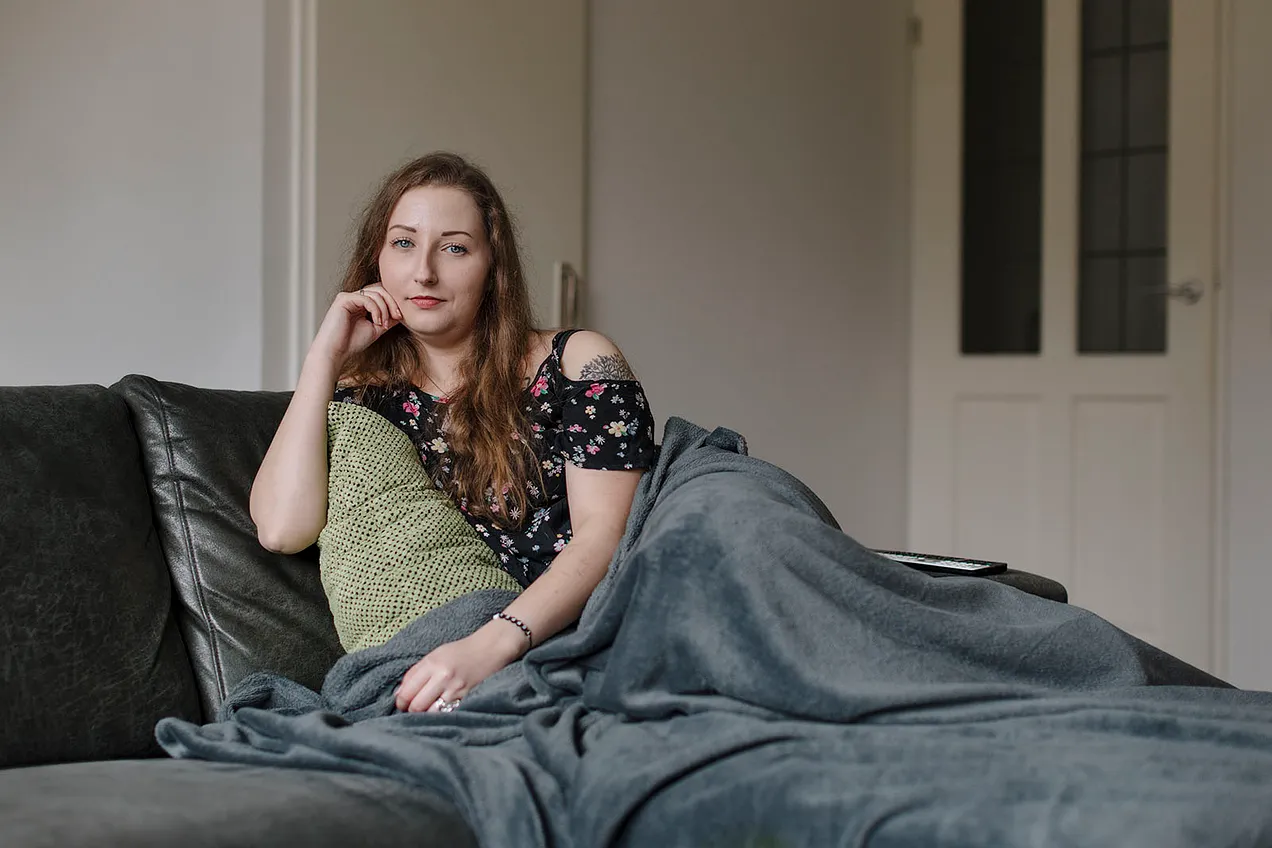
Euthanasia is becoming increasingly common among individuals who have experienced mental health issues exacerbated by factors such as social media, climate change, and economic instability. In January 2018, a young Dutch woman named Aurelia Brouwers died after consuming prescribed poison, despite not being terminally ill. Her psychiatric condition enabled her to choose euthanasia. This raises questions about the feminist perspective on euthanasia.
The need for analysis of euthanasia and this case through a feminist lens.
The assisted death issues in Zoraya ter Beek’s case have garnered a lot of public attention lately. Legislators are under growing pressure to review their assisted suicide laws. Politicians are being lobbied by various interest groups to change the legal status of assisted death. Some are advocating for more permissive policies, while others are pushing for more restrictive policies that are either more effective or more effectirvely enforced. Legislators are under political pressure. Nevertheless, very little has been written or said from an explicitly feminist perspective, despite the large body of scholarly literature and public debate on these issues.
The topic of assisted death encompasses a complex combination of medical issues, personal autonomy, health concerns, and decisions about life and death. In this regard, it is associated in the minds of many with other issues—abortion and forced obstetric interventions, in particular—that impact women’s social and political status. We think that attitudes that are both permissive (i.e. legally tolerant) of forced obstetrical interventions and restrictive of abortion contribute significantly to the subjugation of women in society.
The topic of assisted death encompasses a complex combination of medical issues, personal autonomy, health concerns, and decisions about life and death.
We are thus concerned about how these two connected issues will be affected by the examination of assisted death-related issues. Feminists should formulate arguments that uphold principles that advance women’s empowerment across the entire spectrum of relevant issues.
The discourse regarding euthanasia: different perspectives
Before delving into the feminist perspective on euthanasia in this case, it’s important to set some boundaries. We won’t be discussing non-feminist arguments for or against assisted death, as those have already been extensively covered. Our focus will solely be on voluntary assisted suicide and euthanasia, as these are the main topics of debate. We agree with commonly accepted stances on non-voluntary withholding and withdrawal of life support, as well as providing palliative care that may shorten life. The contentious issues revolve around nonvoluntary and voluntary assisted suicide and euthanasia, which have different arguments and aren’t particularly feminist.
A feminist permissive policy: the autonomy of choice analysed with its detrimental impacts on society as a whole
The main argument for allowing assisted suicide and euthanasia is that individuals should have the right to make their own choices, as long as they do not harm others. This includes allowing competent individuals to decide whether or not to participate in assisted suicide or euthanasia, and respecting the previously expressed wishes of those who are not competent. The state should not interfere as long as no harm is done to others, and individuals should have the authority to make decisions about their own healthcare, including end-of-life choices.
State policies that restrict assisted death assume that the state knows better than the individual about what is best for them. Many institutions believe in the importance of respecting autonomy and therefore support a permissive stance on assisted suicide and euthanasia. They acknowledge counterarguments against this policy, but find them insufficient to justify limiting personal autonomy. However, they acknowledge that certain objections raised from a feminist perspective are valid concerns and aim to address them by taking into account the issue of oppression.
The detrimental impact argument warns that allowing assisted suicide and euthanasia could lead to more extreme practices like involuntary euthanasia. It argues that all lives should be valued and these practices should not be permitted to prevent this potential outcome. However, there is a contradictory case for voluntary euthanasia supporting non-voluntary or involuntary euthanasia, which opposes both voluntary and involuntary withholding of life-sustaining treatment and palliative care that may shorten life.
The debate around the competence and voluntariness of a person for euthanasia
There are concerns about whether requests for assisted death are always made willingly. Some individuals may feel pressured or forced to choose death, while others may be vulnerable to financial or other types of pressure.There are strategies to deal with these issues, though.
Some people may choose assisted death to spare their families from financial burdens.
It is important to recognise that just because someone is worried about others’ well-being, it doesn’t mean they are not making their own choice. Some people may choose assisted death to spare their families from financial burdens. It is also important to consider that some individuals may see themselves as a burden and attempt suicide without any external pressure, so assisted death should not be treated differently.
Implementing a sensitive regulatory system can help address concerns about voluntary decision-making. It is also important to be consistent in the requirements for voluntary decision-making in other end-of-life choices. However, there are concerns from feminists about these requirements, as women may be more susceptible to self-sacrifice and manipulation into accepting early death. It is also concerning that societal norms that encourage submissiveness and obedience may hinder women’s ability to make decisions autonomously.
It is frequently maintained that it is exceedingly challenging to evaluate the competence of dying people since their ability to make decisions for themselves may be impaired by bereavement, fear of dying, illness, or the treatments they are receiving. This argument’s advocates typically imply that some, if not all, of the people who express a wish for assisted suicide or euthanasia are incompetent because those who are sick enough to be eligible for these procedures are likely to have had their competence diminished by illness, pain, medication, etc. Illnesses, medications, and pain can indeed all reduce one’s ability.
The argument is that competence is not a black-and-white concept, as individuals may be competent in some areas but not in others.
The argument is that competence is not a black-and-white concept, as individuals may be competent in some areas but not in others. Even if a person’s competence is affected by their condition, they may still be able to make decisions about their well-being.
Competence can also change over time. The fact that some individuals may be rendered incompetent due to pain, drugs, or disease does not mean that all individuals with similar conditions are not competent. Those who are competent can plan for future incompetence through advance directives. The argument of competence applies to various end-of-life decisions, including assisted suicide and euthanasia. Competency standards may be biased against women and oppressed groups.
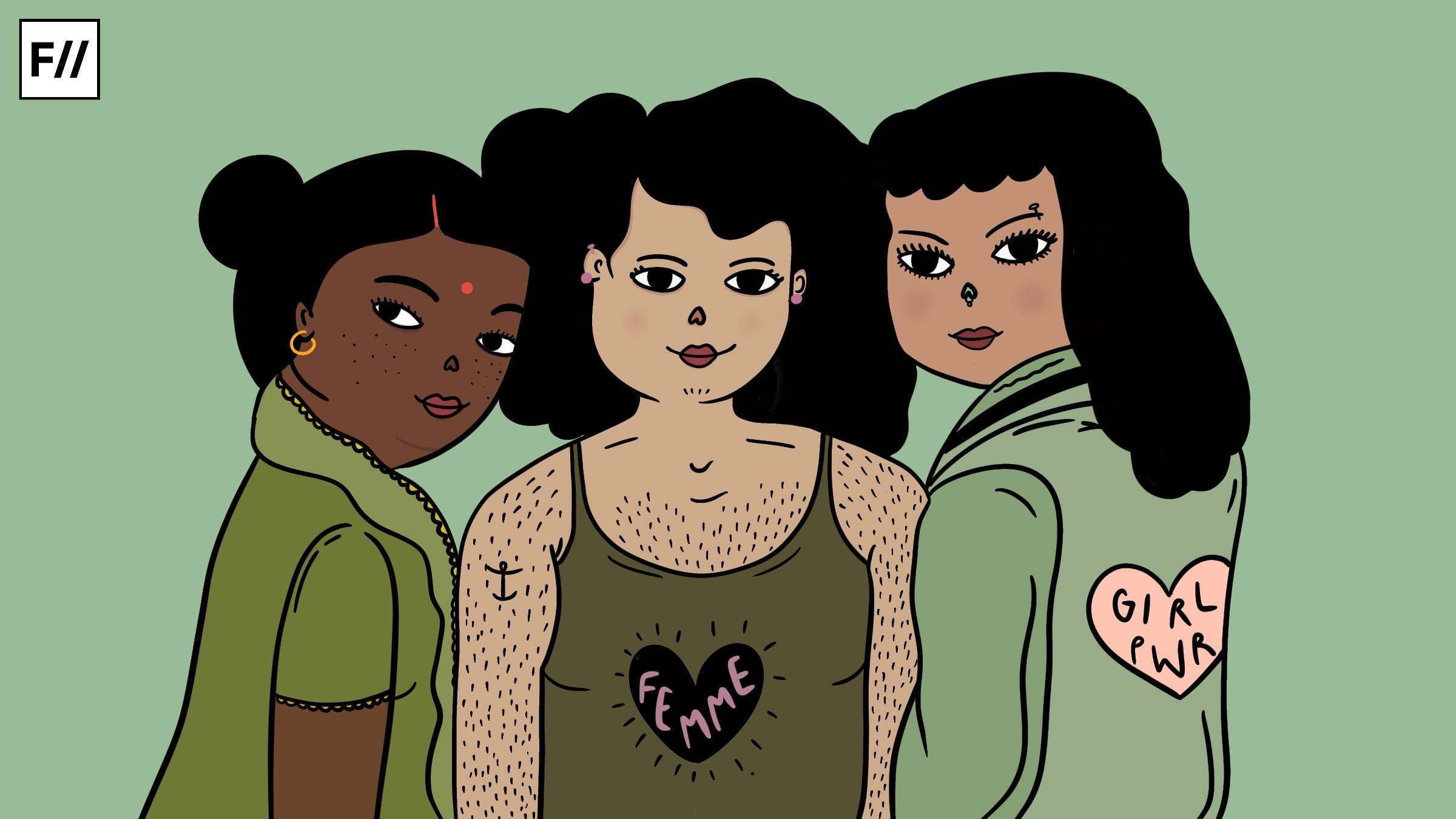
There is an argument that oppression can make it hard for women to act independently because it lowers their self-esteem and self-awareness. This lack of independence is caused by the way society teaches gender roles, and this needs to change in order to help women make their own decisions. The discussion also highlights the need for competency standards that consider oppression and the promotion of independence skills in everyone, especially those who are oppressed.
The disgust of homicide and the unwary normalisation of euthanasia in modern civilisation
The main argument against assisted suicide and euthanasia is the fear of abuse, as it can be difficult to determine someone’s true intentions for wanting to end a person’s life. However, similar risks exist in other forms of killing which are not always treated as first-degree murder. To address these concerns, regulations should be established to ensure strict requirements for consent, taking into account the challenges faced by oppressed groups to protect the most vulnerable individuals. With carefully crafted guidelines, a permissive policy with regulations can provide better protection and safety compared to a restrictive policy that may lead people to seek dangerous alternatives.
If assisted suicide and euthanasia are legalised, it could become a common choice for people with poor prognoses, as has happened with other medical procedures. To prevent this, regulations should be put in place to ensure that no one feels pressured into choosing assisted death and that it is not seen as the best solution for difficult conditions.
The way forward
Collaboration among courts, policymakers, and healthcare providers is necessary to eliminate external pressures, offer more choices for women, and address internal factors affecting their decisions regarding assisted death. Programmes empowering patients, advocating for improved healthcare access, and understanding why certain marginalised groups may choose assisted death can help achieve this.
Professionals should assist individuals in navigating external pressures and internal obstacles in decision-making, ensuring that choices are not influenced by societal factors or lack of resources. A feminist perspective emphasises a more compassionate approach to assisted death, taking into account the unique challenges faced by women and marginalised groups. Policies on assisted death should be mindful of biases stemming from oppression and include safeguards to minimise harm until oppression is eradicated.
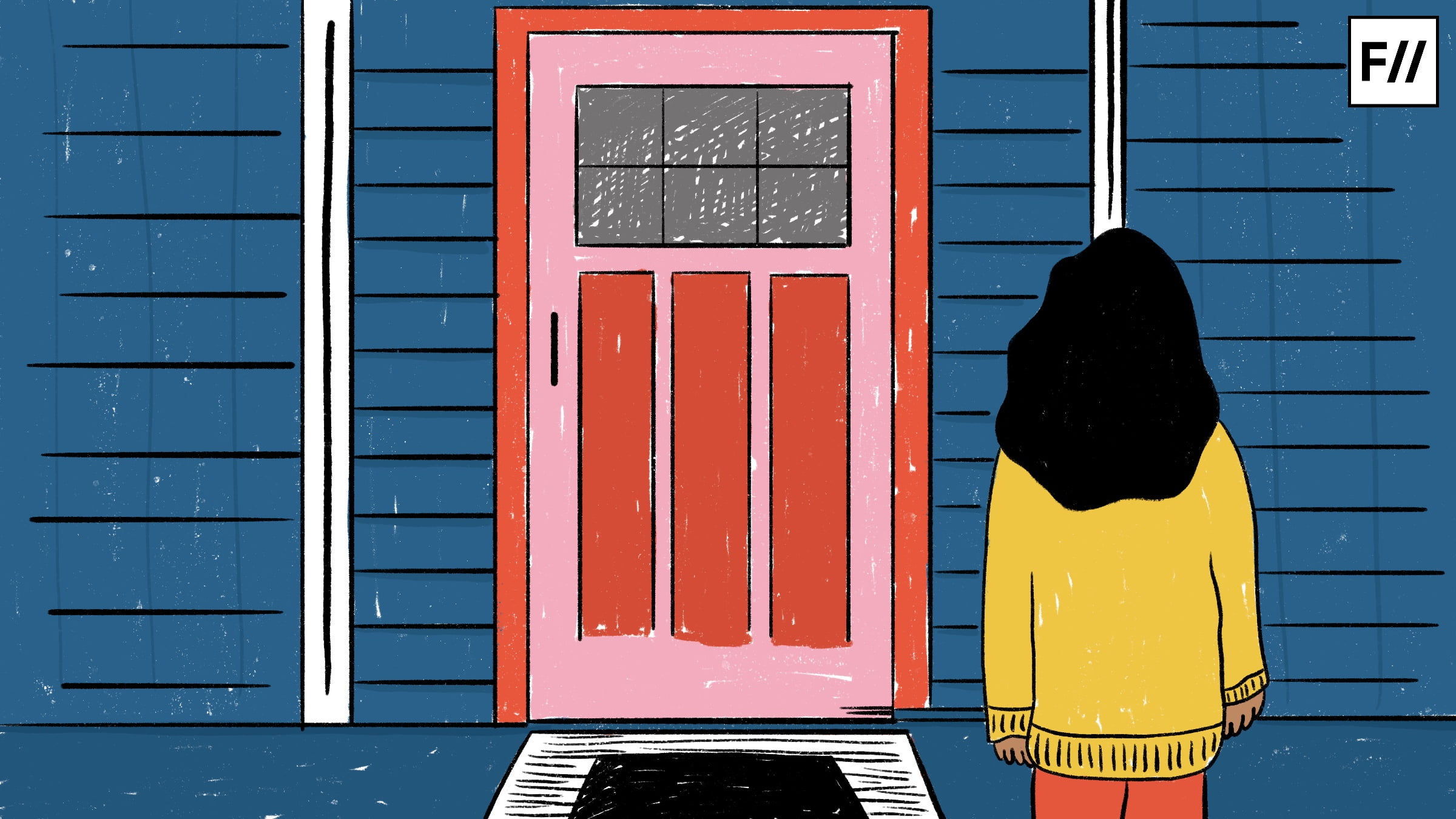
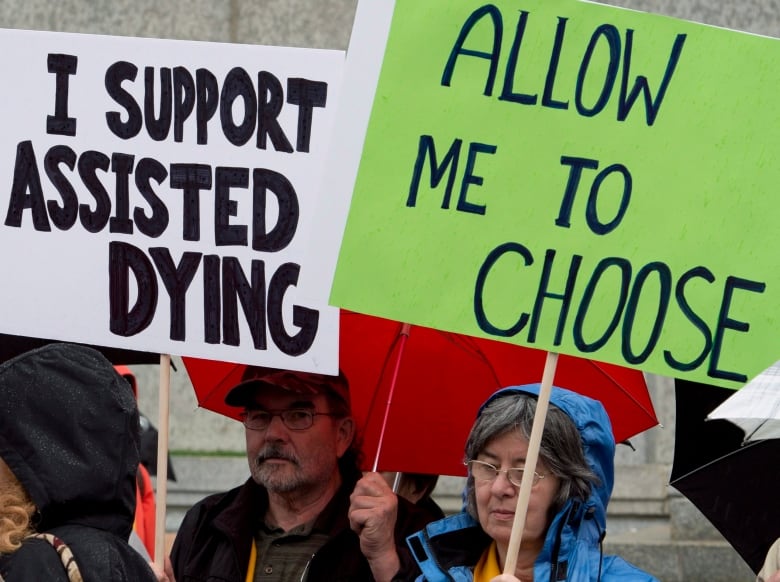
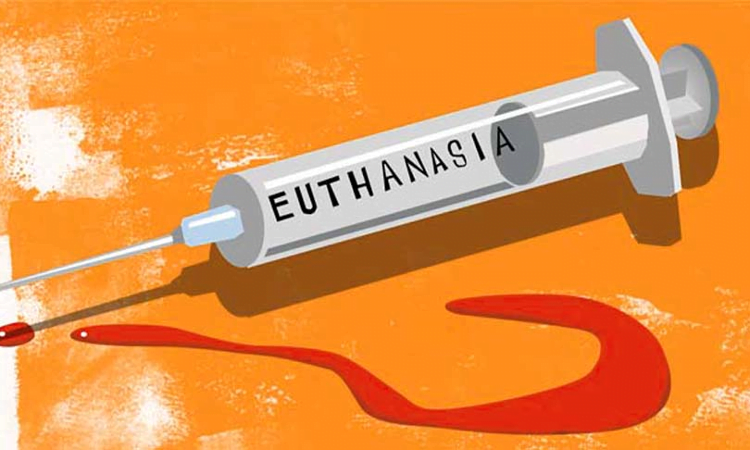






From what I have read about Zoraya, the decision was triggered when her doctor told her there was nothing they could do for her. I really do not know how a science person can have such an opinion when every single day many medical clinical studies, strategies and medicines come to the market. What about in a year new discoveries appear to help her. What about CBT. Why no activist either in her country or other countries are standing against that scary decision of hers. She needs help and support for sure. She is a human and needs the support of other humans. Many of us have read the news and continued to go to work the next day. I am wondering about her boyfriend how come he accepts such a decision. Why not convincing her to take a step back and think again. If she is a burden to him he can just leave her but not encourage this awful thing. I hope she reads this and thinks again and never get shy of changing her mind. Have faith in yourself and in life. Have faith in your brothers in humanity. I know there are volunteers who answer the suicide hotlines in every country. Try to get in touch with them and tell them about your fears. You think your doctor tried to be honest by telling you a horrible false truth about your condition and treatment while in fact she is a quite dishonest person who acted in an unethical way as a healthcare professional. You are surrounded by many dishonest persons or maybe others who are also abused by the new definition of personal choices and liberalism. You have more to come in life. Even the most cruel challenges give a good taste to our lives. Give it a try. You deserve many chances no matter how many trials you have been through. You are still 28 years old. You have more to come and test. Don’t give up 💕💕💕💕